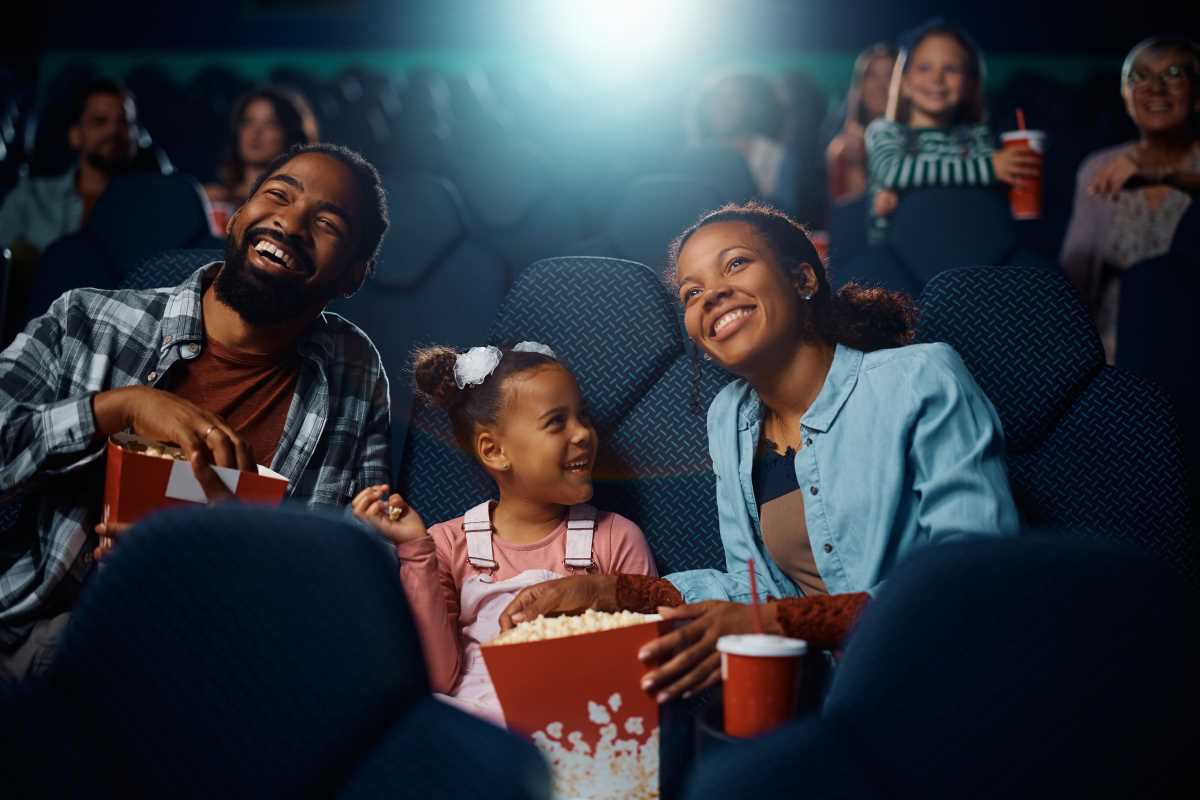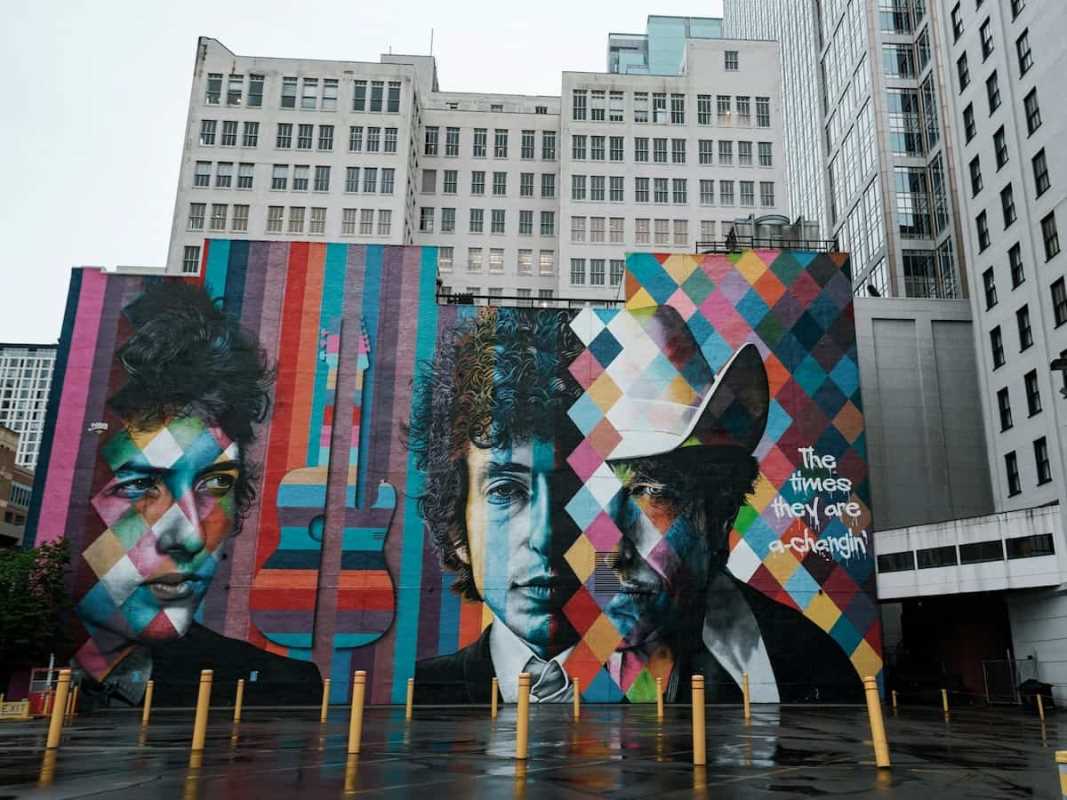Hollywood has been churning out movie remakes for decades, and while some become beloved hits, others leave audiences wishing they’d just rewatched the original. Remakes are tricky—they need to strike the perfect balance between honoring the source material and updating it for modern audiences. But what makes a remake successful, and why do some fall flat? Let's take a closer look at some examples.
When Remakes Work
Overboard (2018)
The original 1987 Overboard starring Goldie Hawn and Kurt Russell was packed with charm, but its storyline—a wealthy woman loses her memory and is tricked into becoming a working mom—made many people question its ethics by today’s standards. Enter the 2018 remake, which flipped the script (literally). This time, it was a wealthy man (played by Eugenio Derbez) who was conned by a single mom (Anna Faris). By reversing the gender roles, the remake cleverly modernized the premise and avoided the problematic elements of its predecessor.
Why It Worked
The updated gender dynamics made the story feel fresher, and Eugenio Derbez injected a lot of humor into his performance. The film also catered to Spanish-speaking audiences by including bilingual dialogue, broadening its appeal while respecting its roots.
A Star is Born (2018)
Few remakes have managed to capture both critical acclaim and box office success like Bradley Cooper’s A Star Is Born. This was the fourth version of the film, following earlier iterations in 1937, 1954, and 1976. This version resonated with contemporary audiences by updating the narrative to fit the modern music industry and featuring phenomenal performances by Lady Gaga and Cooper.
Why It Worked
It remained true to the heart of the original story—a tale of love, ambition, and loss—while delivering powerhouse music and raw emotion. Sometimes, honoring the emotional core of the original is all a remake needs to shine.
Ocean’s Eleven (2001)
This remake departed from the 1960 Rat Pack original, which was more of a vanity project than a tightly written film. The 2001 version, directed by Steven Soderbergh, featured a star-studded cast led by George Clooney, Brad Pitt, and Matt Damon, along with a slicker script and a sharper sense of humor. The result was a heist movie that felt exciting, modern, and endlessly rewatchable.
Why It Worked
It improved upon the original by focusing on pacing, style, and chemistry, making it one of the rare remakes that surpassed the movie it was based on.
When Remakes Don’t Work
Ghostbusters (2016)
The 2016 Ghostbusters reboot was supposed to be a fresh take on the 1984 classic, featuring a female-led cast with comedic stars like Melissa McCarthy, Kristen Wiig, Kate McKinnon, and Leslie Jones. Unfortunately, the remake became a lightning rod for controversy, with some fans resisting the idea of "replacing" the original cast. Beyond the backlash, the movie itself struggled with inconsistent humor and an uneven tone.
Why It Didn’t Work
The production focused too much on separating itself from the original but failed to deliver a compelling story of its own. Nostalgia plays a big role in how audiences view remakes, and by ignoring the original’s heart and charm, the reboot alienated both old fans and new audiences.
Psycho (1998)
Alfred Hitchcock’s 1960 Psycho is a masterpiece, so it’s no surprise that Gus Van Sant’s 1998 shot-for-shot remake fell flat. The film recreated every iconic scene almost exactly—but with none of the tension, pacing, or innovation that made the original so revolutionary.
Why It Didn’t Work
Suppose you’re going to remake a movie. In that case, you need a reason to do it—whether it’s bringing something new to the story, modernizing elements, or introducing the concept to a new audience. Simply copying every frame without adding anything fresh made this remake completely unnecessary.
The Mummy (2017)
The classic 1999 version of The Mummy, led by Brendan Fraser, was beloved for its mix of adventure, humor, and charm. When Universal attempted to reboot the franchise in 2017 with Tom Cruise, they stripped away the heart and replaced it with a darker, grittier tone that didn’t connect with audiences.
Why It Didn’t Work
The remake prioritized setting up a cinematic “Dark Universe” instead of focusing on delivering a solid standalone story. Fans of the 1999 The Mummy also missed the lighthearted charm and personal stakes the original cast brought to the screen.
What Makes a Remake Succeed?
Remakes work when they respect their source material while also finding ways to innovate. They need to honor the original’s themes and characters while giving audiences a reason to care about the new version. Whether it’s modernizing outdated elements, improving on previous mistakes, or offering a fresh perspective, successful remakes often feel purposeful—the filmmakers clearly have something new to say.
What Makes a Remake Fail?
On the flip side, remakes that fail tend to either change too much or not enough. When they disrespect the original’s legacy or seem to exist only as a cash grab, audiences tend to tune out. A lack of creativity, heart, or anything resembling a fresh take will almost always doom a remake to failure.
Movie remakes will always be a gamble, but when done right, they can breathe new life into old stories. Films like Ocean’s Eleven show how updating a concept can transcend its original, while movies like the 2016 Ghostbusters remind us that losing the essence of what made the original special can backfire. Whether we love or hate them, one thing’s for sure—remakes aren’t going anywhere anytime soon. If Hollywood wants to keep us watching, they’d better give us stories worth retelling.




.jpg)


